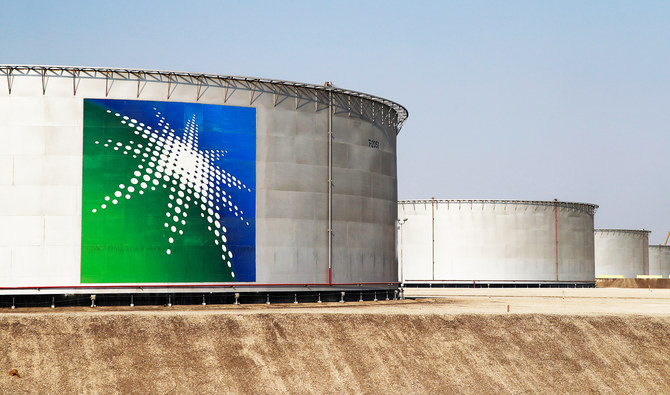
- ARAB NEWS
- 15 Jul 2025

It has been three years in the making and it became official on Sunday, when Saudi Aramco Chairman Yasir Al-Rumayyan announced that the company’s initial public offering (IPO) would go ahead. The regulator has given approval. We expect the event to take place around mid-December.
The company will only be listed on the local Tadawul exchange for the time being. Saudi Aramco is the Kingdom’s crown jewel; therefore it is important that the sons and daughters of the country get an opportunity to take part in the company going public. Saudi nationals, expatriates and international institutions can acquire shares.
Indeed, the Tadawul index has lost value over the last month or so because interested investors have liquidated shares to ensure they have liquidity for the IPO. Bank lending to individuals to enable their participation is also on the uptick.
Aramco is the world’s most profitable company by net income, surpassing this metric for Alphabet, Amazon and Microsoft combined. A plethora of international banks, including Goldman Sachs, Citigroup and JPMorgan Chase, have been busy preparing the company for the disclosure and other requirements associated with the IPO.
During the summer, the unquoted company held earnings calls with international analysts in spite of only having one investor, which was highly unusual in itself.
If the bond offering, which was oversubscribed earlier this year, is anything to go by, keen interest in the IPO goes well beyond the borders of the Kingdom.
There might have been some controversy on the valuation but that will be resolved once the advisers conclude their exercise and the underwriters have built the book. The word on the street is to expect a value of between $1.6 trillion and $1.8 trillion.
The Saudi Aramco IPO will be the biggest in history, achieving a multiple of the previous biggest one, which was Alibaba.
International investors have two concerns. Firstly, how the oil price and the ability to produce given temporary OPEC production cuts will affect the earnings capability of Aramco. Secondly, they are concerned about the geopolitical situation in the region. Both can be overcome because of the excellent audited financial results over the years and the fact that the company is extraordinarily well run. It took less than a month to restore production after September attacks on Abqaiq and Khurais. Capacity will be restored in full by the end of this month. This will go a long way to assuaging investors’ concerns.
The IPO is an important step in realizing Vision 2030, as its proceeds will be used to diversify the Saudi economy away from its dependence on oil.
Cornelia Meyer
Energy transition will also factor into investor assessment. However, oil demand is set to increase for more than a decade, according to the International Energy Agency. The Kingdom is also working on what energy transition and climate change will mean for the country. For example, Energy Minister Prince Abdul Aziz bin Salman presented his vision of a closed loop system — the circular carbon economy for sustainability — at last week’s Future Investment Initiative in Riyadh. The concept shows that the Kingdom is on top of the agenda. It will be further refined and discussed at the G20 summit next year.
Saudi Aramco accounts for 10 percent of global oil production and, as such, is vital in terms of guaranteeing global energy security. Given its sheer size, the powers that be may, at a later stage, decide to also list Aramco on one of the big international stock exchanges, such as London or New York. While dual listings have their own issues, access to deep markets may also have its advantages.
All in all, these are exciting times for the Kingdom. The IPO is an important step in realizing Vision 2030, as its proceeds will be used to diversify the Saudi economy away from its dependence on oil. This will go some way to creating the jobs needed for the well-educated, ambitious Saudi youth who is entering the workforce.
Twitter: @MeyerResources